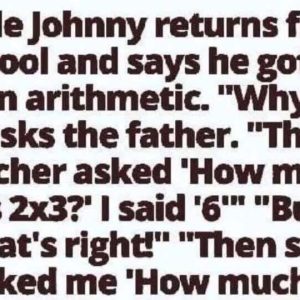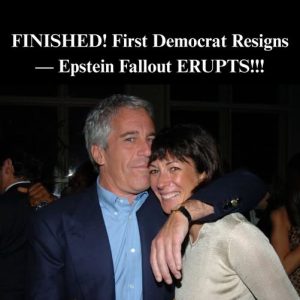Russia launched its heaviest aerial assault since the start of the war in Ukraine, prompting President Donald Trump to warn of tougher sanctions. The Sunday attack killed four civilians, including a mother and her child, and damaged Kyiv’s main government building. Ukrainian officials reported at least 810 drones and 13 missiles were used, sparking renewed demands for stronger Western measures against Moscow.
On Monday, Kremlin spokesman Dmitry Peskov dismissed the threats, insisting sanctions would never change Russia’s position. He claimed the unprecedented measures imposed over the past four years had proven “absolutely useless” in exerting pressure on the Kremlin.
Trump told reporters he was prepared to escalate sanctions, including secondary tariffs targeting Russia’s trading partners. He urged European allies to follow suit, stating that increased sanctions could collapse Russia’s economy and force President Vladimir Putin to negotiate.
European leaders reiterated support for Ukraine. French President Emmanuel Macron announced that 26 allied nations would commit troops “by land, sea, or air” once a ceasefire is in place, though he stressed that the aim was to prevent further aggression, not provoke war.
Putin rejected Macron’s remarks, warning that any foreign troops entering Ukraine during active conflict would be considered “legitimate targets.” He added that if peace agreements were reached, their presence would serve no purpose.
The Kremlin doubled down on its defiance, emphasizing that sanctions had not weakened Russia. Peskov repeated that Western measures failed to alter Moscow’s stance or policies, despite their unprecedented scope.
Meanwhile, Trump’s warnings highlighted the widening transatlantic divide over how far to push sanctions. He underscored the need for unity among allies to maximize pressure on Russia’s economy.
The conflict shows no signs of resolution, as Ukraine continues to appeal for stronger Western backing, while Russia vows to resist external pressure.





